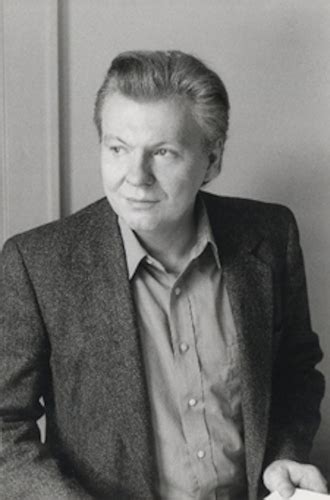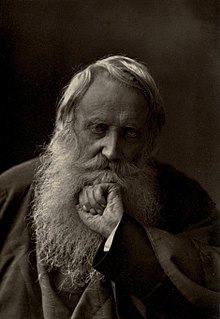A Quote by Eric Hoffer
Unlike the pattern which seems to prevail in the rest of life, in the human species the weak not only survive but often triumph over the strong. The self-hatred inherent in the weak unlocks energies far more formidable then those mobilized by an ordinary struggle for existence.
Related Quotes
The weak are not a noble breed. Their sublime deeds of faith, daring, and self-sacrifice usually spring from questionable motives. The weak hate not wickedness but weakness; and one instance of their hatred of weakness is hatred of self. All the passionate pursuits of the weak are in some degree a striving to escape, blur, or disguise an unwanted self. It is a striving shot through with malice, envy, self-deception, and a host of petty impulses; yet it often culminates in superb achievements.
The thing that impressed me then as now about New York… was the sharp, and at the same time immense, contrast it showed between the dull and the shrewd, the strong and the weak, the rich and the poor, the wise and the ignorant… the strong, or those who ultimately dominated, were so very strong, and the weak so very, very weak - and so very, very many.
Nature's law says that the strong must prevent the weak from living, but only in a newspaper article or textbook can this be packaged into a comprehensible thought. In the soup of everyday life, in the mixture of minutia from which human relations are woven, it is not a law. It is a logical incongruity when both strong and weak fall victim to their mutual relations, unconsciously subservient to some unknown guiding power that stands outside of life, irrelevant to man.
All attempts at law, all religion, all ethical norms might be nothing more than attempts by the weak to restrain the strong. Then, within the law, arise the new strong, who subvert the law for their own ends of power and family interest, leaving the old strong outside their circle to pursue the waiting possibilities which they call crime. The weak, the cowardly, the decent ones, live between these groups.
For as soon as the procreative faculty is thwarted and the number of births diminished, the natural struggle for existence which allows only healthy and strong individuals to survive is replaced by a sheer craze to 'save' feeble and even diseased creatures at any cost. And thus the seeds are sown for a human progeny which will become more and more miserable from one generation to another, as long as Nature's will is scorned.
Royalty is a government in which the attention of the nation is concentrated on one person doing interesting actions. A Republic is a government in which that attention is divided between many, who are all doing uninteresting actions. Accordingly, so long as the human heart is strong and the human reason weak, Royalty will be strong because it appeals to diffused feeling, and Republics weak because they appeal to the understanding.





































